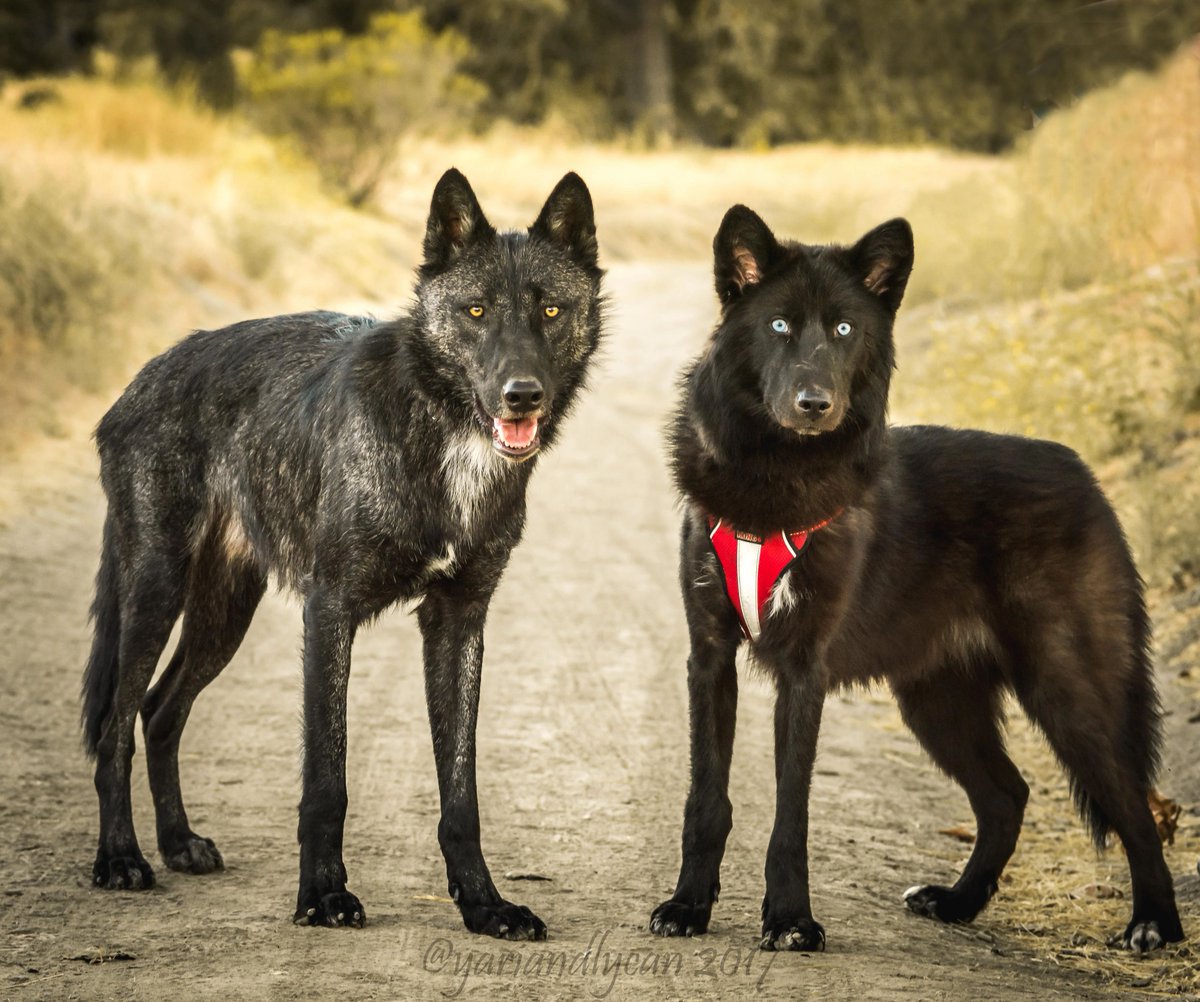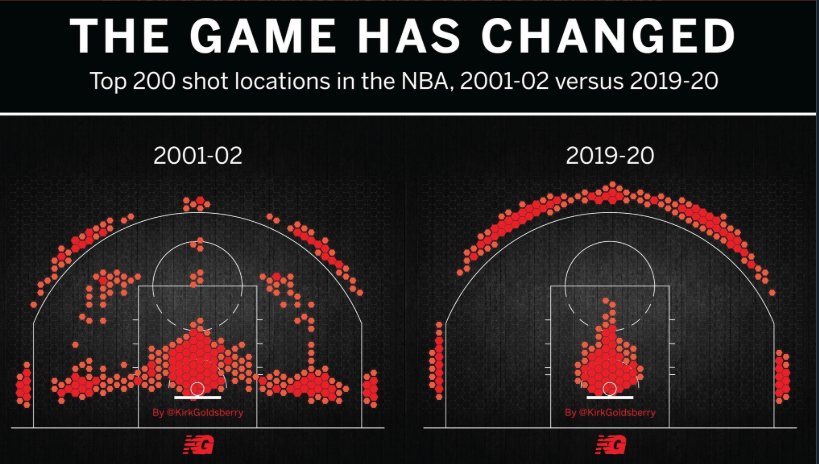|
I was browsing wikipedia the other day and came across the biography of Colonel Sanders, the founder of KFC. What struck me is how dynamic his entire life was. Founding KFC was probably the dull chapter. His life was a rollercoaster, full of ups and downs you don’t see much anymore. He lived with a crazy amount that’s vanished from modern Western life. |
Or to put it another way, the amount of variance is shrinking rapidly in modern life. Here are some highlights from Colonel Sanders life. |

|
The Tragic Real-Life Story Of Colonel Sanders |
|
|
Father died and he left home because he hated his step-father Dropped out of school in 7th grade Started working at 13 Lied about his age to enlist in the army Constantly moving around to new areas Worked dozens and dozens of jobs and got fired from most of them for insubordination Started multiple businesses, some succeeded some went bankrupt His son died when he was young Lost All his Money in the Great Depression Got into a shootout with a rival business, one person ended up dying Came up with the KFC Chicken recipe Was rejected by hundreds of investors Eventually found success over the age of 65 |
This type of life sounds intense, but for early American history, and most of history, this was considered normal. |
Today, Colonel Sanders would probably not have gotten the chance to get multiple jobs after being fired or to raise capital as an entrepreneur. Or he would go to prison. |
This Was Normal |
Stories like Colonel Sanders were not uncommon. Some of the great American literature we have from earlier eras was about living lives like this. |
|
|
It was a wilder time and individuals were wilder than they are today. Individuals needed to be versatile, resourceful, and willing to take risks. Economic survival often required taking on multiple roles and adapting to changing circumstances. Careerism wasn’t a thing yet. Law enforcement wasn’t efficient as it is now. Things weren’t as efficient. There was a ton of slack in the system. |
A good example of this is the new Netflix show Ripley. Notice how much slack there was in the system at that time. |

|
Ripley | Official Trailer | Netflix |
|
|
Today's society tends to reward stability, compliance, and adherence to established career paths. The economy often favors those who follow a more predictable and linear path, such as obtaining a degree, securing a stable job, and gradually advancing within a company. There is a greater emphasis on risk aversion, with societal norms and economic systems encouraging people to "play it safe." |
We’ve essentially created an environment where we have domesticated ourselves |
 |
Nature is Amazing ☘️ @AMAZlNGNATURE
|
 |
|
|
98% Wolf Vs. 40% Wolf |
 |
| |
6:55 AM • Jul 15, 2024 |
| |
|
| |
2.22K Likes 167 Retweets |
121 Replies |
|
|
There are more systems in place—education, corporate jobs—that guide people into stable, predictable roles. Compliance and predictability are valued in many industries, reducing the perceived need for the kind of bold risk-taking exemplified by Sanders. |
We’re slowly changing our species. Our society rewards boredom. It rewards people who can sit and do things that are tedious all day. |
 |
LindyMan @PaulSkallas
|
 |
|
|
inability to be bored by boring stuff is probably adaptive in the modern world |
| |
4:52 PM • Jul 13, 2024 |
| |
|
| |
554 Likes 19 Retweets |
14 Replies |
|
|
Have you noticed that successful upper middle class professional people tend to be dull? Is it the work, or is it who is selected for work? |
Fear of Taking Risks |
Domestication is everywhere. Fear of risk taking is almost central to our culture now. There is a movement I’ve written about called Refinement Culture. But essentially it just means we’re not taking risks and doing different things anymore. |
1) Movies now just shows sequels because it’s safe |
|
2) Home interiors are designed to be gray because it’s safe |
|
3) People are buying cars in black, white and gray because it’s safe |
|
4) Sports are developing into one style that every team plays |
 |
LindyMan @PaulSkallas
|
 |
|
|
|
I have a theory that most major sports leagues have been figured out. NFL, Tennis, NHL, etc. They are optimized now. Most fans don't see it. But the game has been solved. Take the NBA for example. It is mostly played at the perimeter or up close.
The same thing happened with… x.com/i/web/status/1…
|
  
|
| |
2:10 PM • Nov 3, 2023 |
| |
|
| |
1.37K Likes 98 Retweets |
90 Replies |
|
|
In This Newsletter |
1) Every New Generation is More Domesticated than the Previous One |
2) What Caused All Of This To Happen? 4 Trends Are Causing Us to Become Hyper Domesticated. |
3) Mating, Embryo Selection and Designer Babies: Is the future going to be more high IQ people who enjoy tedious work and have a high tolerance to boredom? |
Every New Generation Is More Domesticated Than The Previous One |
The trend is pointing to more domestication. If you talk to younger people they tend to be dull. They’re being molded into careerism and risk-averse modern society. Perhaps that’s why we don’t have any great art or culture anymore. |
Take digital entertainment for example. The rise of digital entertainment has transformed how people spend their free time. Streaming services, video games, and social media offer easy, passive entertainment but can reduce face-to-face interactions and adventurous leisure activities. |
|
Across a wide variety of risk behaviors, rates have declined among American adolescents in recent decades, in areas including substance use, unprotected sex, crime, fighting and hazardous automobile driving. |
|
|
People are moving less than they used to. They are staying put in their location. It’s a less adventuresome time overall. |
|
The contrast between the early 20th century and modern life highlights a shift from a more varied, risk-tolerant society to one that prioritizes stability, predictability, and careerism. While modern advancements have brought numerous benefits, they have also contributed to a more homogenized and cautious approach to life, limiting the variance and adventurous spirit that characterized earlier times. |
What Caused Us To Become Hyper Domesticated? |